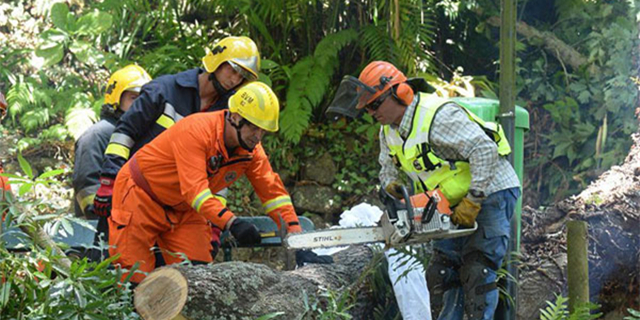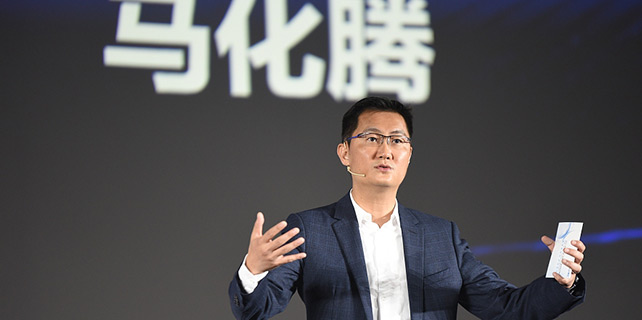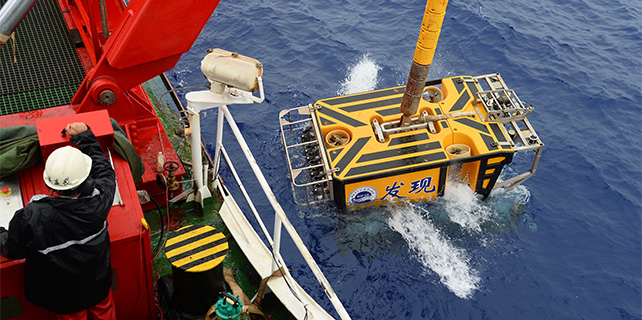Trump's path to trade wars
Tariffs against China, NAFTA and NATO?
Washington’s NATO allies are not the only ones who feel the great unease. In North America, US NAFTA partners have been monitoring the debacle very closely.
If the Trump administration plans to use steel as a national security threat, Canada and Mexico understand quite well that the real focus will soon be on NAFTA rather than just China or Germany.
Today, China produces about half of the world’s steel, but its US market share in steel is marginal; less than 2 percent. In America, the largest steel importers include Washington’s NAFTA partners, Canada (about 17 percent) and Mexico (about 9 percent). So, if Trump really is “hell-bent on imposing” major tariffs on steel, it is America’s NAFTA partners that will be the first to feel the heat.
But, as Trump plans to move further to imported aluminum, semiconductors, paper, and household appliances, that’s when China and other major importers will become targets as well. The new debate about intellectual property and technology transfers indicates that this is now the likely path.
Also, Commerce Secretary Ross could submit to Trump his report about steel and its alleged national security implications in the coming weeks or by late fall. If Ross finds that steel imports threaten to impair US national security, Trump should determine within three months whether he concurs with Ross’s findings; and what actions should be taken.
“This is just the beginning…”
On August 14, President Trump directed US Trade Representative Robert Lighthizer, a Reagan administration trade hawk, to determine whether to open an investigation into China's intellectual property (IP) practices, including forced IP transfers and theft. The investigation, in turn, could lead to trade penalties.
The intimate linkage between the investigation and the US intelligence community, which gives new meaning to the term “trade war,” is reflected by the fact the ceremony was attended by Admiral Dennis Blair, Co-chair of the Commission on the Theft of American Intellectual Property (IP Commission). Blair is the former US Director of National Intelligence and a retired Navy admiral who was the commander of US forces in the Pacific region.
Ahead of Trump’s order, China’s foreign ministry appealed to Trump to avoid a “trade war”. Following the order, the Commerce Ministry complained it represented “strong unilateralism” that violated the spirit of multinational trade agreements. “The US side should strictly adhere to commitments and should not become the destroyer of multilateral rules.”
“This is just the beginning,” Trump told reporters after signing an executive memorandum. If that really is the case, the Trump White House is about to broaden the tariff debate from steel to intellectual property and technology, but also escalating broader and deeper risks – first with China, then with its NAFTA and its European NATO allies.
Global economic prospects are about to take a turn to a chill that could get a lot worse by the fall.
Dr Dan Steinbock is the founder of Difference Group and has served as research director at the India, China and America Institute (USA) and visiting fellow at the Shanghai Institutes for International Studies (China) and the EU Center (Singapore). For more, see https://www.differencegroup.net/
The original, shorter version was released by Shanghai Daily on August 16.






















